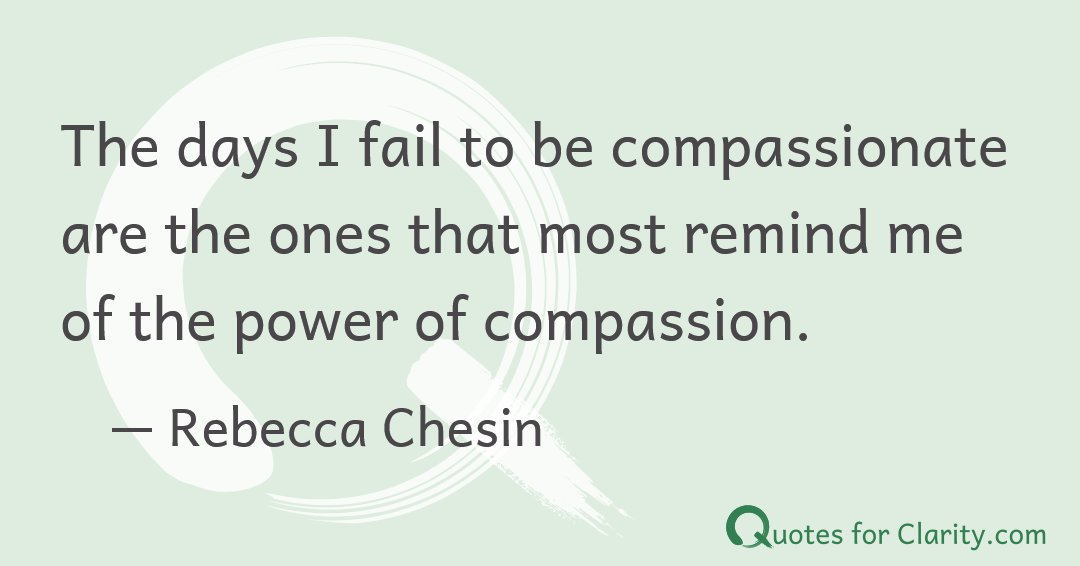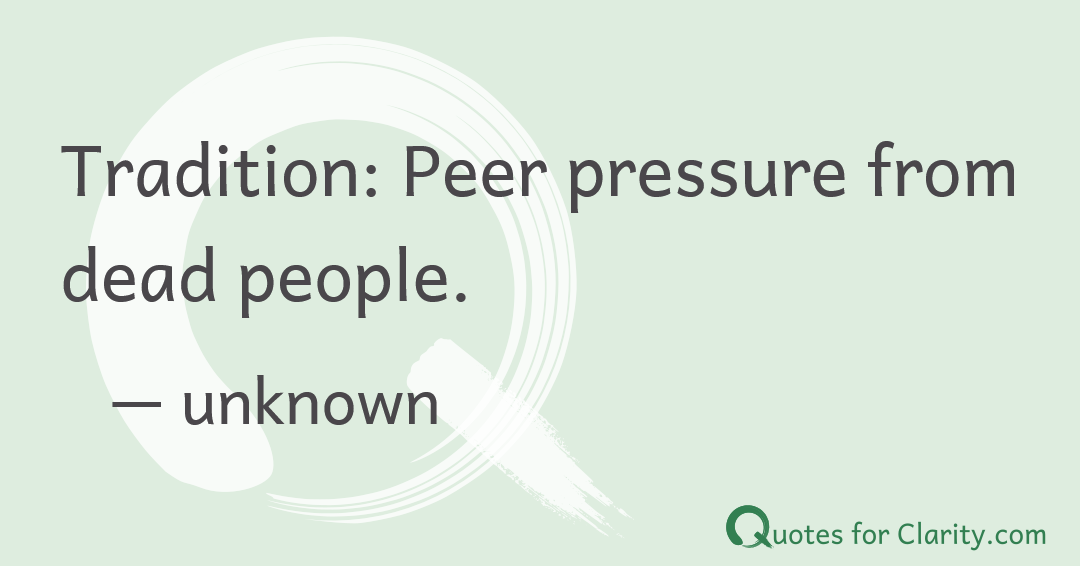In my last post, I explained why it’s not realistic to think you can stop fighting completely with your spouse / partner. I assumed that you picked the option of wanting to stay in the relationship and improve it. (The other two options are to end the relationship or to stay in it without changing anything in an effective or positive way.)

So at this point you might be wondering what I can do to help you improve this important relationship that has somehow gotten mired down in increasingly negative feelings. Accept that you and your partner will have disagreements from time to time. Commit to learning how to make your quarrels productive and less hurtful. In fact, a well-handled dispute can actually enhance intimacy in your relationship!
I’ve got some great information and tools I can share with you. We now have over 30 years of studies showing us what works in couple / marriage counseling. And I regularly train with some of the best therapists of our time.
My approach in working with clients is to address the 3 areas I believe are crucial to success:
- Attitude
- Skills
- Barriers
Attitude is the key area. Without the right attitude, all the skills in the world won’t help and any barriers present will be impervious to my best techniques. Attitude is related to motivation. Most of us start therapy feeling at least a little ambivalent. That’s normal, and it’s fine if that’s where you are, too. I can help you explore that ambivalence and suggest ways to strengthen your motivation, if that’s what you want.
Skills are about adding some tools to your repertoire; more effective ways to communicate, problem-solve, and negotiate. It takes lots of practice and a willingness to make mistakes to learn new skills well. Remember learning to ride a bicycle? Once that new skill becomes a habit, you will experience greater ease and satisfaction in using it.
Barriers refers to those things that try to get in the way of you moving forward. Things like mistaken beliefs, unrealistic expectations, maladaptive patterns and role models learned when you were a child. Sometimes these things give way easily, sometimes they need a little extra attention.
Which of these 3 areas will be hardest for you to work with? What successes have you had already?



